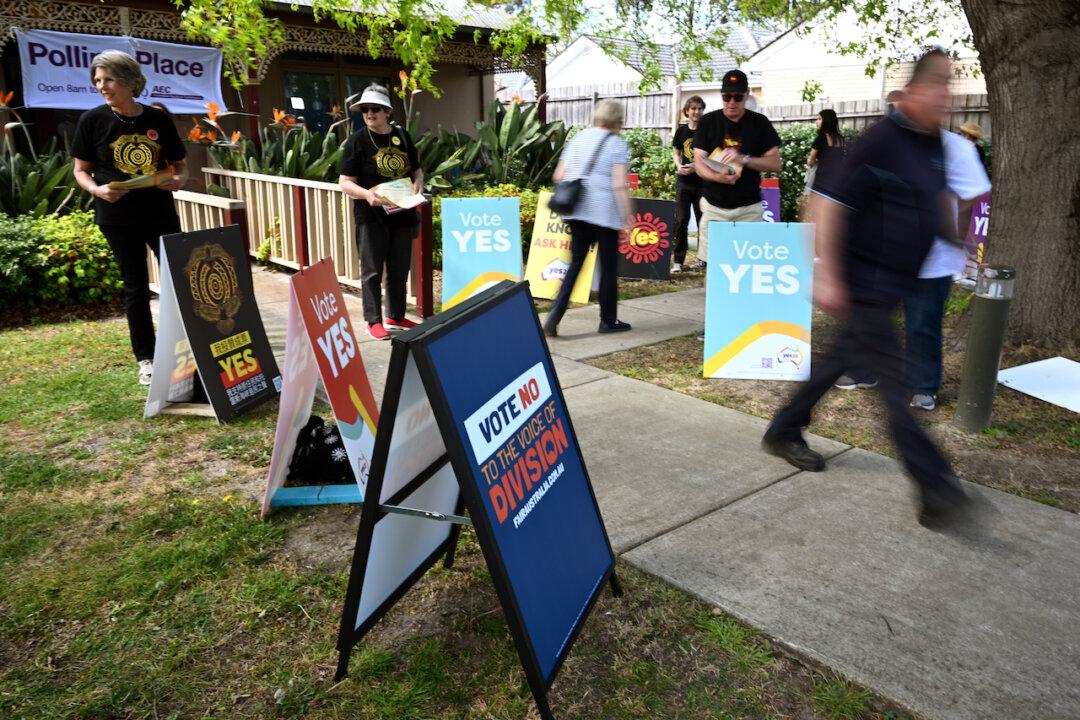Both sides of the referendum campaign are making their final appeals on the last weekend before Australians head to the polls.
A week out from the referendum, Prime Minister Anthony Albanese outlined what Australians could do to help their Indigenous counterparts, who suffer from higher mortality rates and worse education outcomes.





